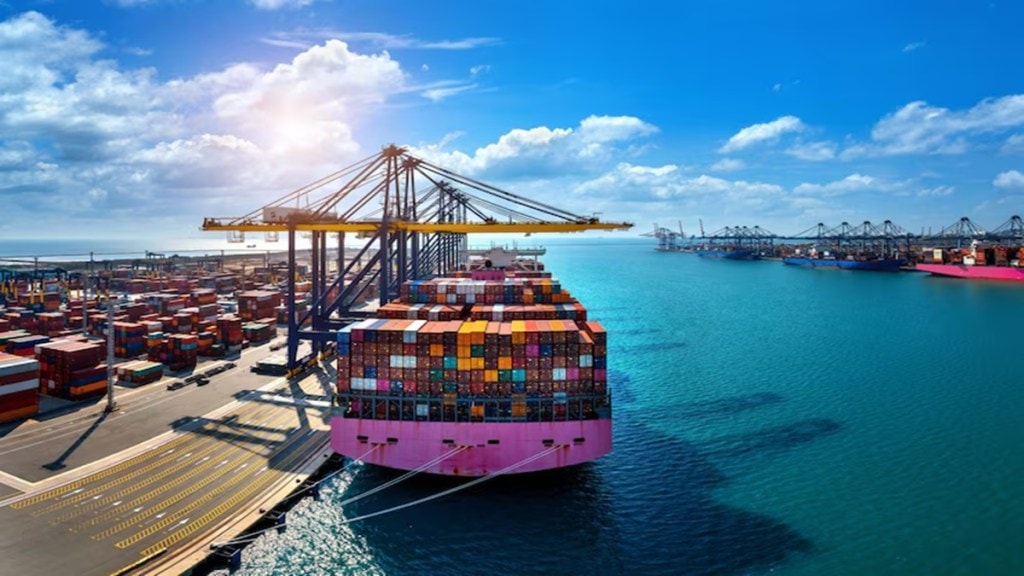India on Thursday sought speedy resolution of non-tariff barriers and regulatory impediments for a more balanced trade with Russia.
Addressing a press conference after his meeting with Foreign Minister of Russia Sergey Lavrov in Moscow, external affairs minister S Jaishankar said, “We reaffirmed the shared ambition to expand bilateral trade in a balanced and sustainable manner including by increasing India’s exports to Russia.” One of the sectors where efforts are on to address the issue of non-tariff barriers is marine exports. The Commerce department is already engaged with Russia on this issue.
India has been running a huge trade deficit with Russia since it started importing crude oil from its long-standing partner. In 2024-25 India’s exports to Russia stood at $ 4.8 billion while imports were $63.8 billion. Both sides have set a target of $ 100 billion bilateral trade by 2030.
Beyond Crude: The Push for Diversified Exports
The external affairs minister flagged sectors like drugs and pharmaceuticals, agriculture and textiles that would help to address the current imbalance. At the meeting steps to ensure the long-term supply of fertilizers was also taken up.
To enhance trade, India and the Russia-led Eurasian Economic Union (EAEU) on Wednesday signed Terms of Reference in Moscow to launch negotiations on a Free Trade Agreement (FTA).
Jaishankar is on a three-day visit to Moscow for an annual bilateral dialogue and to prepare for the Annual Summit between the two countries later this year when Russian President Vladimir Putin is expected to attend.
Connecting Continents: FTAs and Transport Corridors
In his opening remarks at the meeting the external affairs minister said, “the global context for our meeting today is provided by the evolving geopolitical situation, the shifting economic and trade landscape, and our shared goal is to maximize our complementarity.”
He also said that Indian skilled workers in information technology, construction and engineering can address labour needs in Russia and deepen cooperation. The minister also singled out energy cooperation through trade and investments is also important. India is the second biggest buyer of crude oil exported from Russia. This trade has led to enhanced friction with the US which has gone ahead and announced an additional 25% duties on India’s imports starting August 27.
At the meeting, there were discussions about connectivity initiatives including international North-South transport corridors, Chennai-Vladivostok Eastern Maritime corridor and cooperation in the North Sea route.
